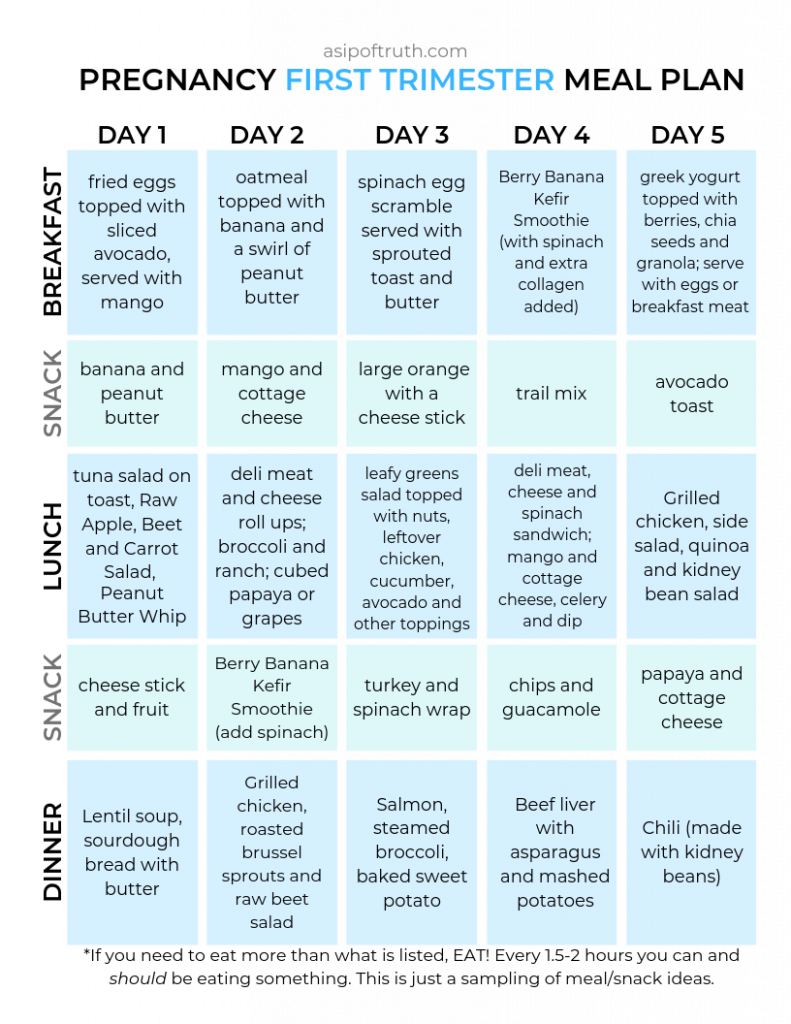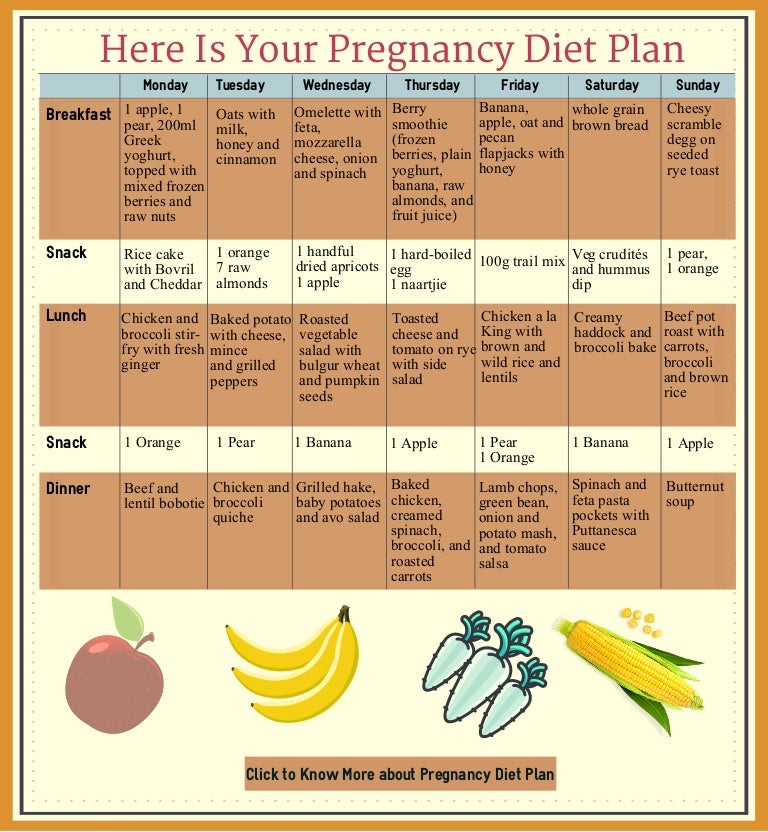Plan A Meal For A Pregnant Woman
Thursday, March 16, 2023
Edit

Planning a Healthy Meal for a Pregnant Woman
The Benefits of Eating Healthy During Pregnancy
Pregnancy is an exciting time for many women, but it can also be a time of worry. Eating healthy during pregnancy can have a significant impact on the health and wellness of both the mother and the baby. Eating a balanced diet during pregnancy can help to ensure that the baby is getting all the essential nutrients it needs for proper development. Eating healthy can also help to reduce the risk of certain pregnancy complications, such as gestational diabetes, preeclampsia, and preterm labor. Additionally, eating healthy during pregnancy can help to reduce the risk of birth defects and help the mother to maintain a healthy weight.
Creating a Balanced Meal Plan for Pregnant Women
Creating a balanced meal plan for pregnant women is essential for optimizing their health and wellness. Eating a balanced diet involves eating a variety of foods from all the major food groups, including protein, dairy, whole grains, fruits and vegetables, and healthy fats. It is important to include a variety of foods to ensure that the mother is getting all the essential nutrients that her body needs. Additionally, it is important to pay attention to portion sizes, as overeating or eating too much of one particular food group can be detrimental to the mother and baby.
What Foods Should Be Included in a Healthy Meal Plan for Pregnant Women?
There are many different types of foods that should be included in a healthy meal plan for pregnant women. Protein is essential for the development of the baby, and should be included in each meal. Foods such as lean meats, fish, eggs, beans, and nuts are all good sources of protein. Dairy is also important for bone health, and foods such as yogurt, cheese, and milk are good sources of calcium and other essential nutrients. Whole grains are important for providing energy, and foods such as oatmeal, quinoa, and brown rice are all good sources of whole grains. Fruits and vegetables are an essential part of any healthy diet, and should be included in each meal. Additionally, healthy fats are important for brain development, and foods such as avocados, nuts, and olive oil are all good sources of healthy fats.
Tips for Eating Healthy During Pregnancy
Eating healthy during pregnancy can be challenging, but there are a few simple tips that can help to make it easier. Firstly, it is important to plan ahead and prepare meals in advance. This will make it easier to ensure that the meals are balanced and nutrient-dense. Additionally, it is important to drink plenty of water throughout the day and avoid sugary drinks. Eating small, frequent meals is also important, as it can help to prevent nausea and cravings. Last but not least, it is important to listen to your body and eat when you are hungry.
Foods to Avoid During Pregnancy
There are certain foods that should be avoided during pregnancy to reduce the risk of food-borne illnesses. Raw or undercooked meats, eggs, and fish should be avoided, as they can contain harmful bacteria. Caffeine should also be limited, as it can cause insomnia, nausea, and other unpleasant side effects. Additionally, it is important to avoid unpasteurized dairy products, such as unpasteurized cheese and raw milk, as they can contain harmful bacteria. Lastly, it is important to avoid alcohol and tobacco during pregnancy, as they can cause serious health complications.
Conclusion
Eating healthy during pregnancy is essential for optimizing the health and wellness of both the mother and the baby. Eating a balanced diet that includes a variety of foods from all the major food groups is essential for ensuring that the mother is getting all the essential nutrients she needs. Additionally, it is important to pay attention to portion sizes and to avoid certain foods, such as raw meats and unpasteurized dairy products, to reduce the risk of food-borne illnesses. Lastly, it is important to listen to your body and eat when you are hungry.
Healthy Meal Plan For Pregnant Women - MEDCOO

Pregnancy Meal Plan - Aria Art

Sarah Griffith - : Eating For Two... Second Trimester Meal Plan

Sample Meal Plan - Expectant Mum - MumsVillage

Girlfriend's Guide to Folate and First Trimester Food - A Sip of Truth

Healthy Diet During Pregnancy.gov - eating a healthy balanced diet plan
The Pregnancy Seafood Guide: What to Eat for a Healthy Pregnancy Diet
Pin on Pregnancy & Breastfeeding

Weight Loss Diet: Your Diet After Pregnancy I Pregnancy Diet Plan

Your Perfect Pregnancy Diet Plan (Pregnancy Meal Plan)
